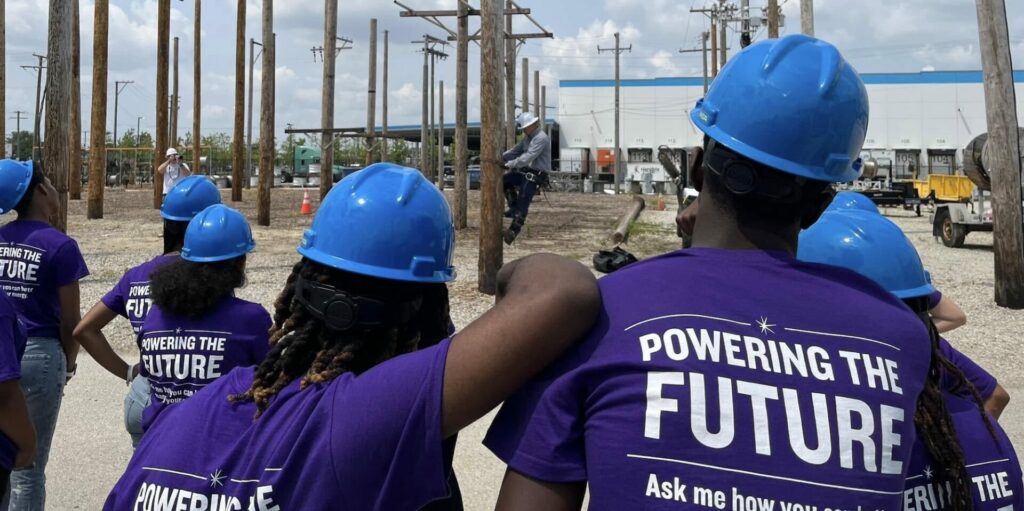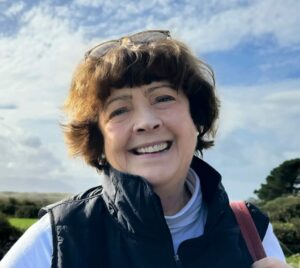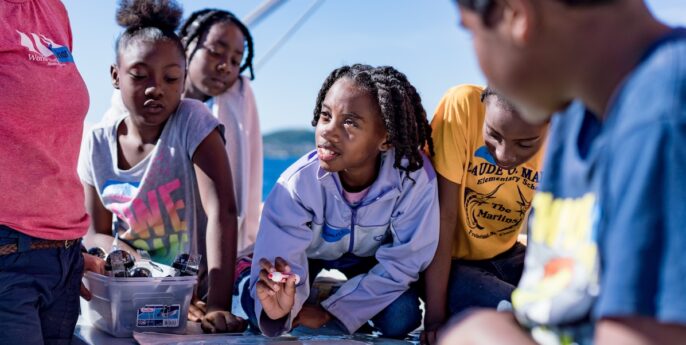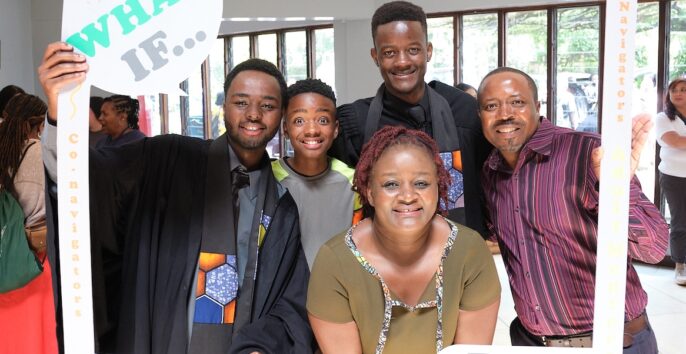The Other Learning Gap
There’s a growing gap in the skills young people need to succeed—and it’s not just about technology or test scores. It’s about the skills that aren’t easily measured: the ability to collaborate, manage time, adapt to change, and communicate with confidence.
As our economy evolves and the workforce becomes more dynamic, employers are clear about what matters. In fact, 92% say that soft skills—things like empathy, problem-solving, and resilience—are just as important as, or more important than, hard skills, like coding and welding.
But these skills don’t develop in a vacuum. They’re built through experience, mentorship, and environments that support young people holistically. And for many teens, that development happens most powerfully after the school day ends.
A Generation Underprepared
Globally, three out of four young people lack the skills they need for employment. In the United States, face-to-face socializing among teens has declined by more than 45% since 2003, a trend accelerated by the pandemic. That isolation hasn’t just impacted mental health—it’s also eroded opportunities for teens to practice real-time communication and problem-solving.
These shifts are part of why after-school programs are more important than ever.
After-School Programs as Soft Skill Incubators
After-school programs are uniquely positioned to meet this moment. When intentionally designed, they offer teens the chance to collaborate on meaningful projects, work alongside mentors, and take the lead in environments where trial and error are encouraged.
At After School Matters (ASM)—a nonprofit serving nearly 19,000 Chicago teens each year—this is the foundation of our model. Through programs in the arts, communication and leadership, sports, and STEM, teens are learning more than just how to cook or build apps. They’re learning how to give and receive feedback, resolve conflicts, manage time, and navigate team dynamics. They’re even paid for their time, which honors the value they bring and sets a precedent for professionalism.
Two teens, reflecting on their experience in After School Matters programs shared:
“I joined this program when I was 14 and I had no experience in jazz… Over my four years in ASM, I learned how to collaborate and move past disagreements. Due to my experience in this program, I was able to win auditions for prestigious jazz programs such as Ravinia Jazz Scholars and the Jazz Institute of Chicago education programs.”
“I lost all my social skills because of the pandemic, and my culinary program helped me come out of my shell and connect with new friends. I discovered my love for baking because of my program and my instructor, Araceli. I will attend Kendall College in Chicago in the fall to become a pastry chef.”
Their growth wasn’t just technical—it was interpersonal.
If we want to close the soft skills gap, we need to rethink where and how learning happens.
Mary Ellen Caron
Learning by Doing—and Growing in the Process
As Education Reimagined works with communities to create learner-centered ecosystems—often connecting out-of-school time programs with other types of learning within a community, all to count toward credentialed learning—programs like After School Matters highlight why this type of learning is necessary and impactful. Soft skills don’t emerge from lectures. They’re developed through lived experience. In After School Matters programs, teens are expected to show up, contribute, and stretch outside their comfort zones. Whether preparing a group art installation or pitching a business idea, they’re building the confidence and communication habits that will serve them far beyond the program.
ASM instructors are working professionals, like the fashion entrepreneur who led our Fashion Meets Art program at the After School Matters Gately Park facility on the far South Side of Chicago. Her teens not only learn about design—they collaborate on deadlines and learn to pivot when things don’t go as planned.
Programs are hosted in After School Matters spaces and in neighborhoods across Chicago—at parks, libraries, schools, and in partnership with community-based organizations—ensuring accessibility while embedding learning in the spaces teens already trust.
Measurable Impact, Real-World Results
Research backs up what teens and instructors experience every day. In a recent After School Matters evaluation:
- 90% of teens said their program strengthened their skills and abilities,
- 82% gained confidence in those skills, and
- 89% reported being challenged to try something new.
These aren’t just positive reflections—they’re indicators of readiness for life, school, and work.
The Hours That Matter Most
If we want to close the soft skills gap, we need to rethink where and how learning happens. After-school programs—especially those with paid opportunities, mentorship, and a focus on real-world experiences—can be a critical part of that equation.
Soft skills may be hard to measure, but their impact is easy to see. At After School Matters, we’ve seen firsthand how these programs help teens discover who they are, how to relate to others, and how to lead with confidence. For too long, we’ve treated these hours as extra. It’s time to recognize them as essential.




